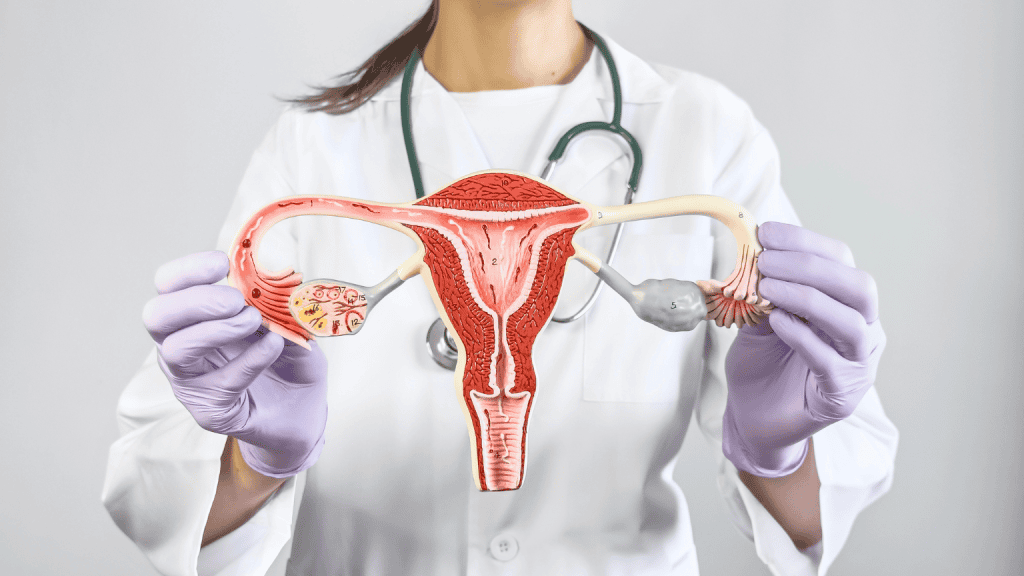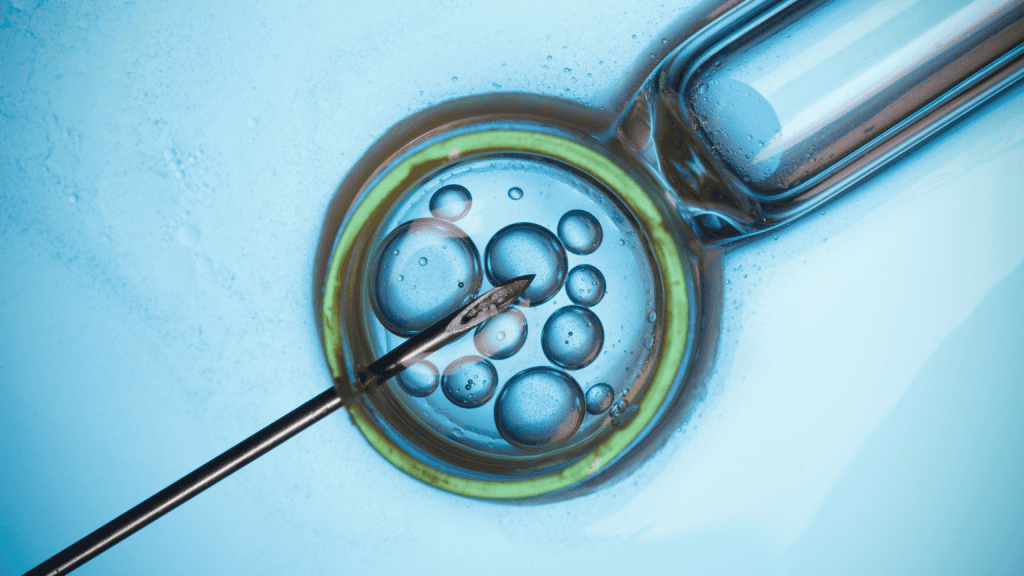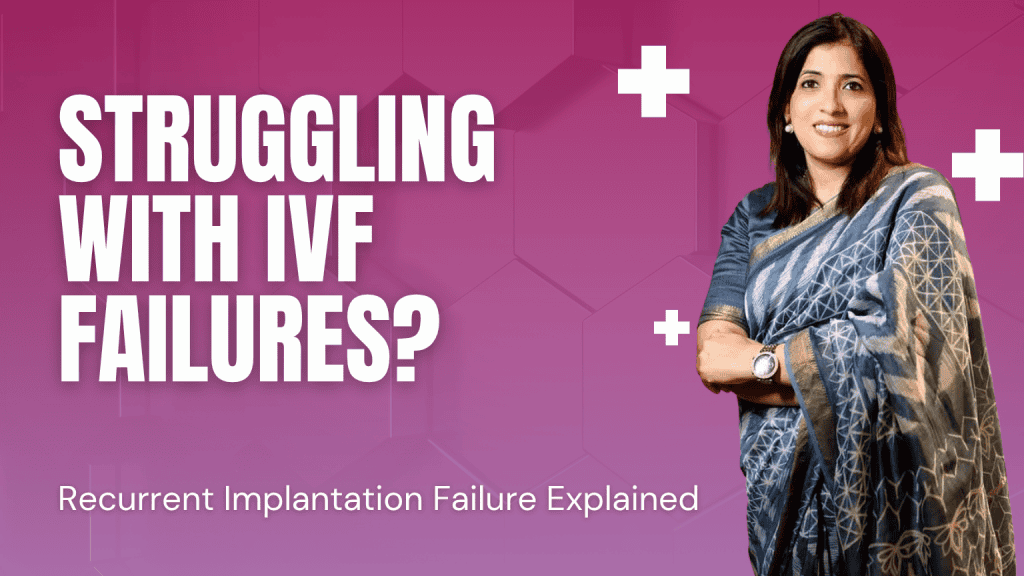For couples on the IVF journey, there’s nothing more disheartening than seeing good-quality embryos fail to implant cycle after cycle. If you’ve experienced this, you’re not alone—and more importantly, there are answers to your questions.
At our fertility centre in Chandigarh, we frequently meet couples who have faced multiple embryo transfers with no positive pregnancy test. This is what we call Recurrent Implantation Failure (RIF)—a deeply frustrating but manageable roadblock in your path to parenthood.
What Exactly Is Recurrent Implantation Failure?
In simple terms, RIF refers to the failure of good-quality embryos to implant in the uterus after multiple IVF attempts. While definitions vary, it is generally considered RIF after:
- 2 or more failed embryo transfers, or
- Transfer of 4–6 high-grade embryos without a clinical pregnancy.
Although definitions may vary slightly, many experts, including guidelines from ESHRE and ASRM, define RIF as failure to achieve a clinical pregnancy after multiple embryo transfers of high-quality embryos. (Ref: Coughlan et al., Reproductive BioMedicine Online, 2014)
Why Does Implantation Fail in IVF?
To understand why embryos don’t implant, let’s first look at what successful implantation requires:
- A genetically healthy embryo
- A receptive uterine lining (endometrium)
- Perfect synchronization between the both two.
Even if one of these three pillars is off-balance, implantation may fail. Let’s break down the common issues leading to RIF.
Common Causes of Recurrent Implantation Failure
- Embryo Quality
Not every embryo is genetically normal—even in IVF. Embryos with chromosomal abnormalities often fail to implant or may cause early miscarriages. This is more common with advancing maternal age, as egg quality tends to decline.
(Ref: Practice Committee of the ASRM, Fertility and Sterility, 2018) - Endometrial Issues
The uterus must be ready to “accept” the embryo. If the endometrium is too thin, inflamed, or out of sync with the embryo development, implantation becomes unlikely. Conditions like endometriosis, fibroids, or chronic endometritis can affect this balance. - Immune or Genetic Factors
Some women may have immune conditions or blood clotting disorders that interfere with the embryo’s ability to attach. In certain cases, genetic mismatches between the partners may also contribute. - Hormonal Imbalance
Hormones like estrogen and progesterone are critical for preparing the uterine lining. If thyroid levels are off, or if PCOS is present, hormonal imbalances can lead to poor endometrial receptivity. - Lifestyle Factors
Smoking, high caffeine intake, being overweight or underweight, and chronic stress can all affect implantation potential. These are modifiable factors—but often overlooked.

How Do We Investigate RIF?
At our Chandigarh IVF centre, we take a thorough, step-by-step approach to evaluating recurrent implantation failure. Tests may include:
1. PGT-A (genetic testing) for embryos
2. ERA (Endometrial Receptivity Analysis) to time embryo transfer precisely
3. Hysteroscopy to look inside the uterus for adhesions, fibroids, or infections
4. Blood tests for clotting, autoimmune disorders, thyroid, and hormone levels
5. Sperm DNA fragmentation testing (in select cases)
What Are the Treatment Options?
Once we identify the root cause, treatment becomes much more focused—and often, more successful. Here’s how we tailor treatment:
Timing the Embryo Transfer Right
ERA testing can tell us the exact “window of implantation,” so we don’t miss that critical moment.
Improving Embryo Quality
In some cases, switching to donor eggs or sperm, or opting for PGT-tested embryos, may offer a better chance at implantation.
Treating the Uterine Environment
This can include antibiotics, hormonal treatments, or minor surgical corrections, depending on the issue.
Immune & Blood-Thinner Therapies
For patients with identified immune disorders, we may recommend treatments like intralipids, low-dose steroids, aspirin, HCQS or heparin.
Lifestyle Optimization
We support our patients in quitting smoking, improving nutrition, achieving a healthy weight, and reducing stress through yoga, meditation and counselling.

Final Words of Hope
If you’ve experienced repeated IVF failures, don’t lose hope. Recurrent implantation failure doesn’t mean the end of the road—it simply means it’s time to dig deeper and personalize the approach.
At our fertility clinic in Chandigarh, we’ve helped many couples who were told it would never happen. With the right diagnostics, tailored treatment, and compassionate care, many of them are now proud parents.
If you’re looking for answers, we’re here to help.
🩺 Dr. Shikha Sardana
Best IVF Specialist in Chandigarh | Fertility & Reproductive Health Expert
Milann Fertility & Vivant Clinic Chandigarh

